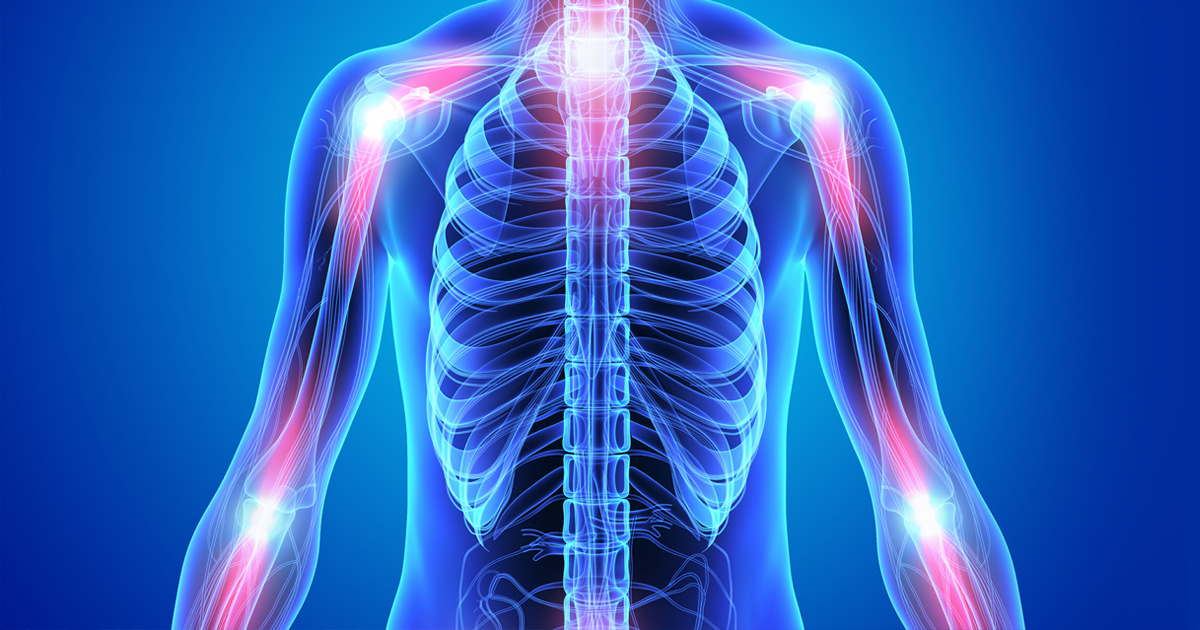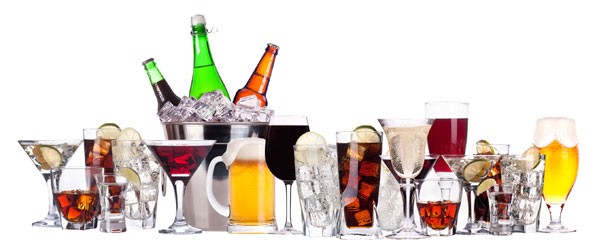
Alcohol consumption varies around the world but remains a common staple in many cultures. Its use in sacred ceremonies, festivals and social gatherings has been recorded for thousands of years. The benefits and ill-effects have been studied as well, although there still remains some debate about alcohol’s benefits, many of its ill-side effects have been well-documented
Cardiomyopathy
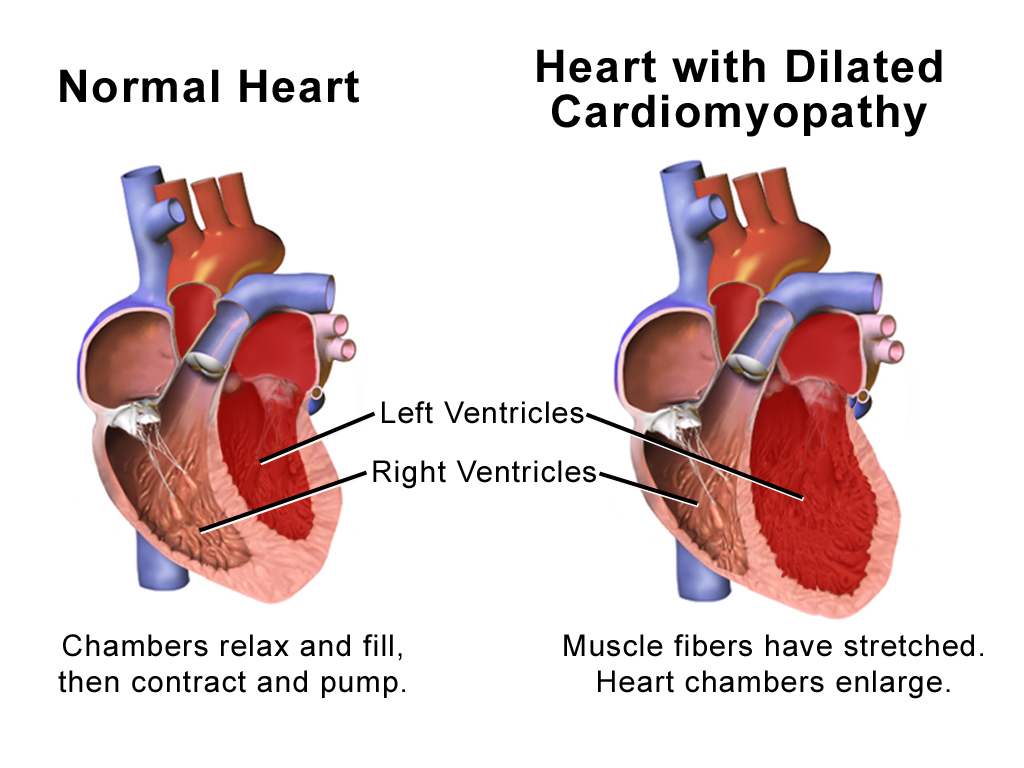
Cardiomyopathy results from alcohol abuse, including long-term excessive consumption and binge drinking, by weakening and stretching the heart muscle. The heart loses the ability to pump sufficient blood volume to reach all areas of the body. Organs and tissues become starved for oxygen and develop other complications as a result. Symptoms include swelling in the extremities, fatigue and labored breathing. In advanced cases of chronic alcohol use, heart failure may occur.
Hypertension
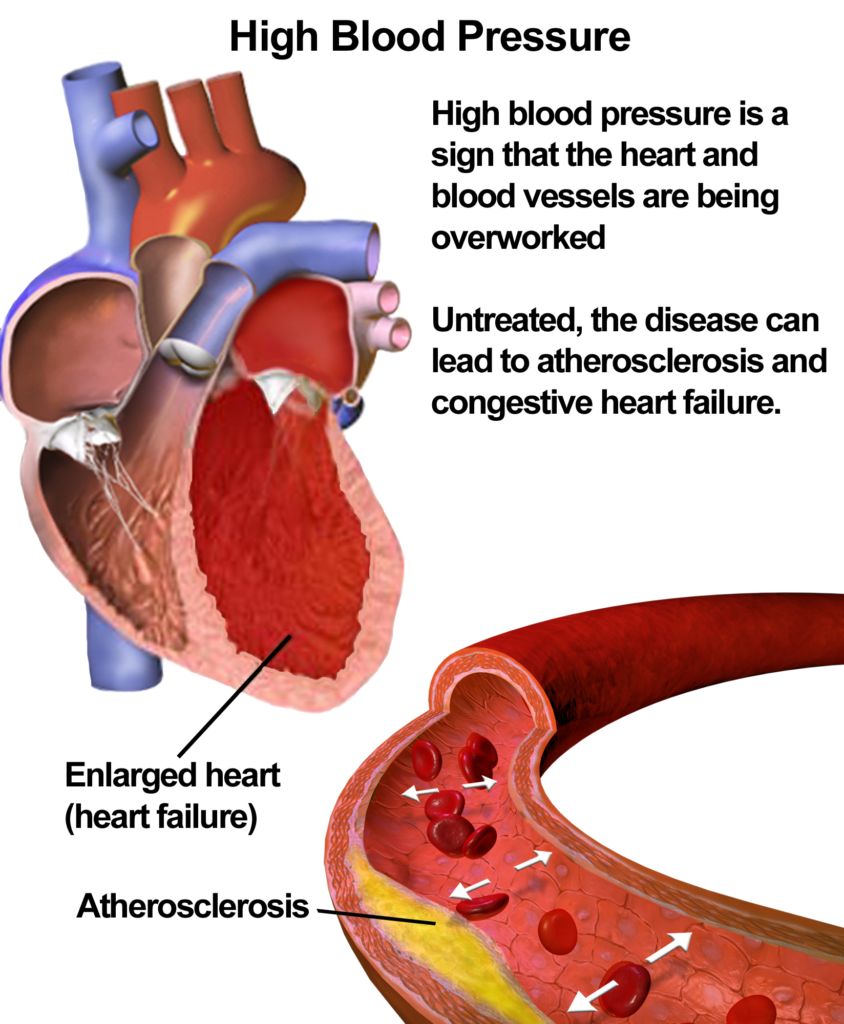
Binge drinking as well as chronic alcohol consumption causes hypertension, also called high blood pressure. Hypertension occurs when blood veins and arteries, which are elastic when in a healthy state, become stiff over time, interfering with the optimal flow of blood. In turn, the heart pumps faster to force blood through the circulatory system.
Hypertension may also develop with chronic alcohol use as a result of alcohol’s role as a vasodilator. As a vasodilator, alcohol creates a reaction in peripheral blood vessels, causing the vessels to relax, which allows an increased blood flow to skin and other tissues. This results in a rapid decrease in blood pressure, which causes a compensatory increase in heart rate to provide sufficient blood circulation to the body’s organs.
Arrhythmias
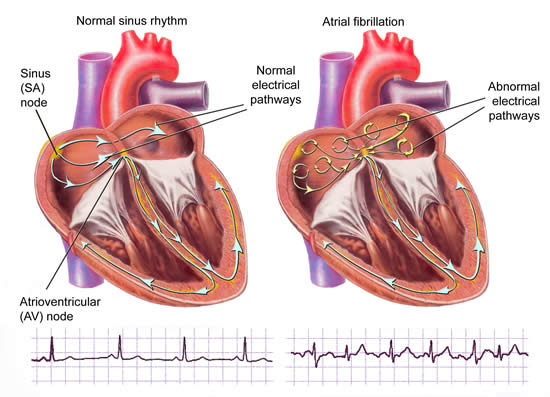
Alcohol consumption is associated with two types of arrhythmia; atrial fibrillation and ventricular tachycardia. Atrial fibrillation affects the heart’s upper chambers, weakening the heart’s ability to contract efficiently, which can lead to blood clots. Ventricular tachycardia develops when the heart’s muscle cells are damaged from excessive alcohol consumption, causing an increase in electrical signaling. The heart beats too rapidly to distribute blood to other organs and extremities and may result in lightheadedness, unconsciousness or even cardiac arrest. Although alcohol-related arrhythmias are usually associated with chronic alcohol use, sudden death from alcohol-induced arrhythmia can occur in people who binge drink, even if they do not frequently consume alcohol.
Stroke
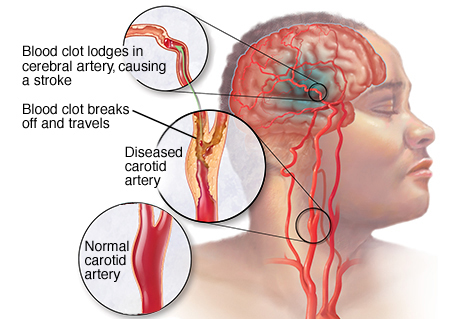
Blood clots formed in the heart as a result of alcohol abuse, may cause stroke by blocking blood flow to the brain. The National Institute on Alcohol Abuse and Alcoholism reports that people who binge drink have a 56 percent greater chance over the course of ten years, of suffering from a stroke, than people who don’t binge. Chronic heavy use also increases chance of stroke because of its relationship to hypertension, cardiomyopathy and arrhythmias, which are all associated with higher incidence of stroke.
Potential Benefits
Moderate daily alcohol consumption, one drink for women and two drinks for men, may provide some protection against heart disease by reducing fat build-up in the coronary arteries. Moderate drinking also increases HDL levels, or good cholesterol.
In a meta-analysis of several studies reporting the benefits of light to moderate alcohol consumption, principle investigator at the National Heart, Lung and Blood Institute, Dr. Djousse, warns that while studies do show some benefit, up to 37% in some cases, more studies need to be conducted. Specifically, several factors should be considered, “the role of drinking patterns, beverage types, genetic variations influencing alcohol metabolism, and the effects of light-to-moderate drinking in predicting mortality and co-morbidity among individuals with HF.” He also adds that without more evidence of benefits, it’s too early to recommend alcohol consumption as a prevention, in light of the potential risks, including alcohol abuse.
Jessica Kane is a professional blogger who is trying to be healthier this year. She currently writes for AEDs Today, a leading supplier of automatic external defibrillators including popular models such as LIFEPAK AEDS.


